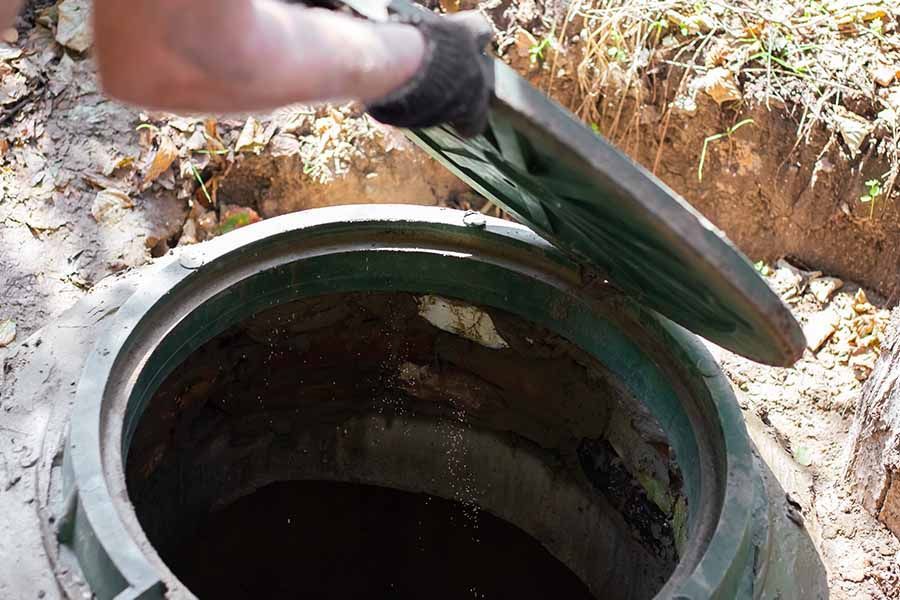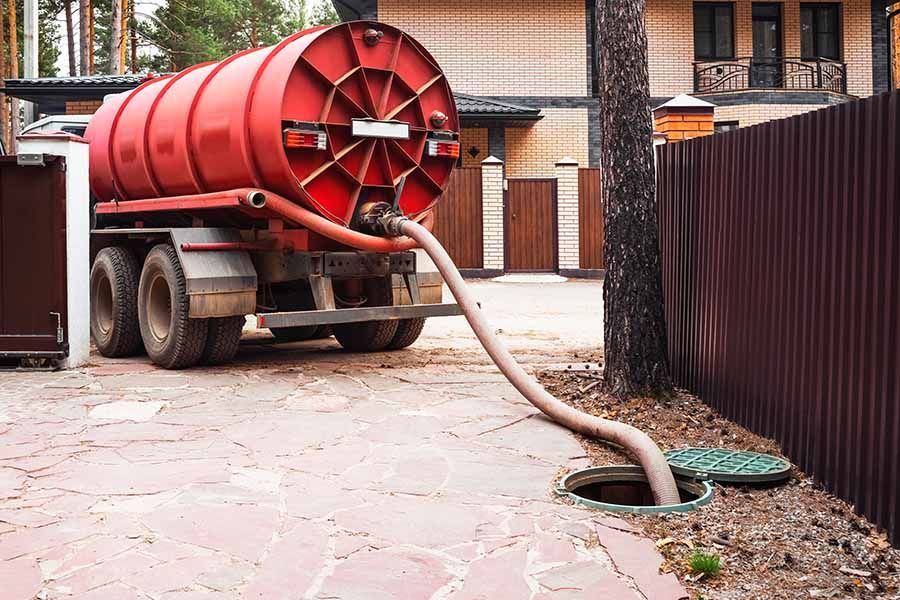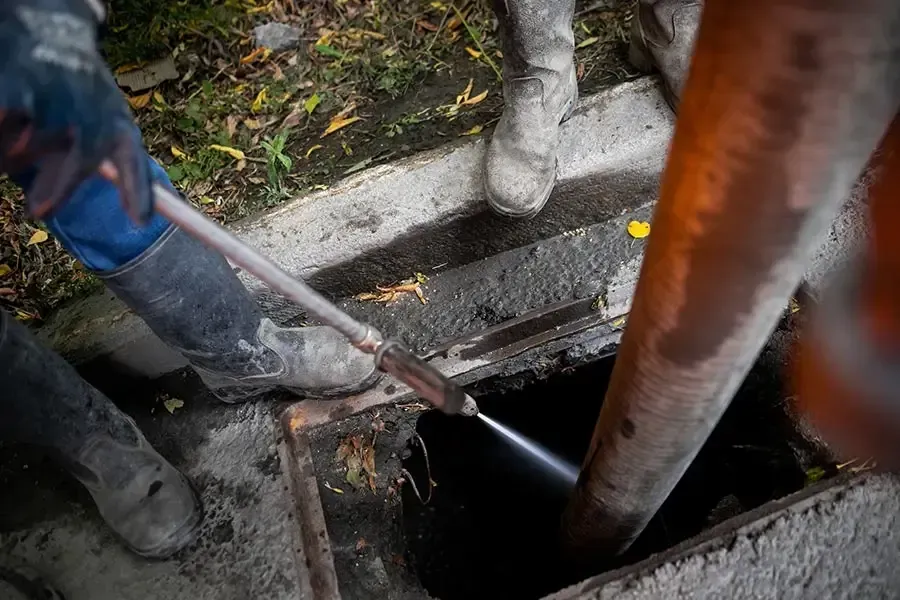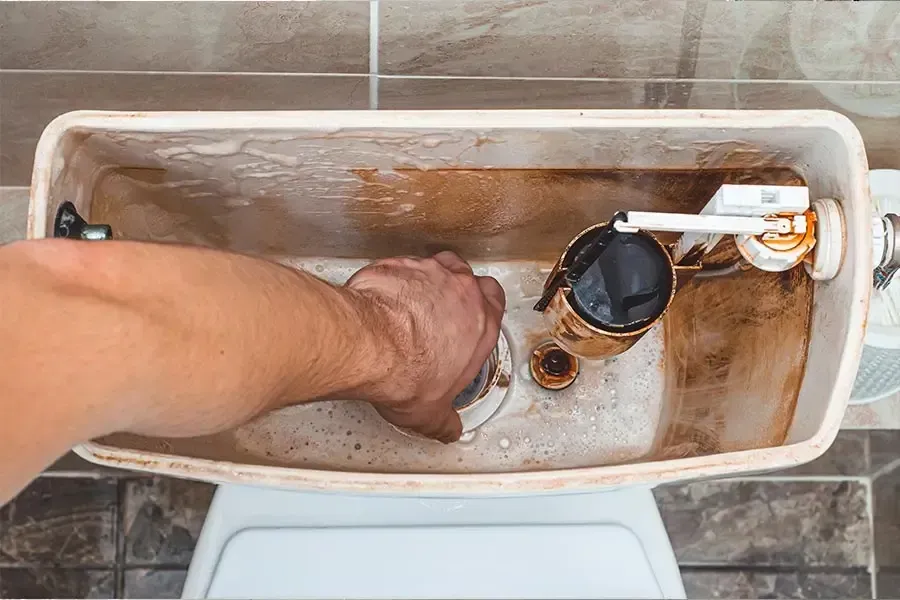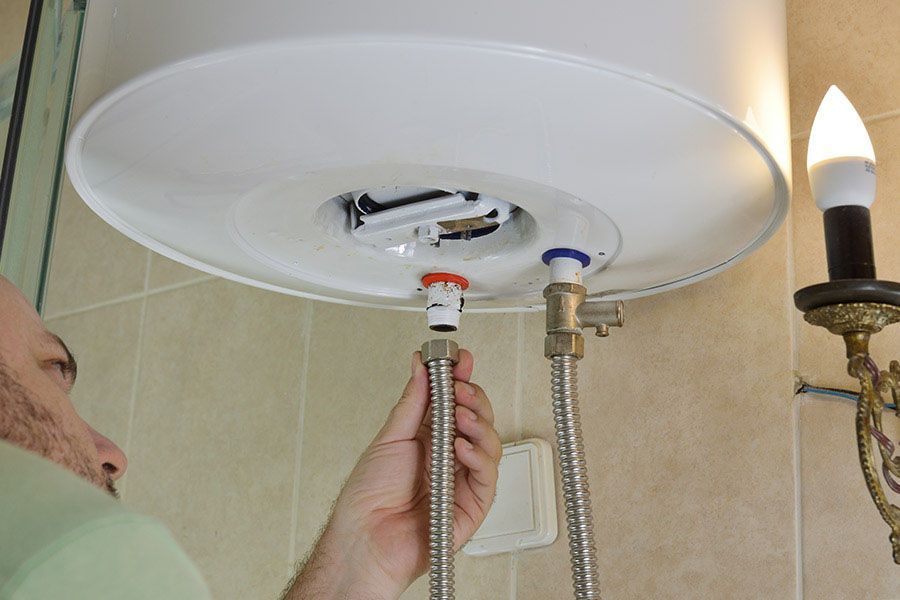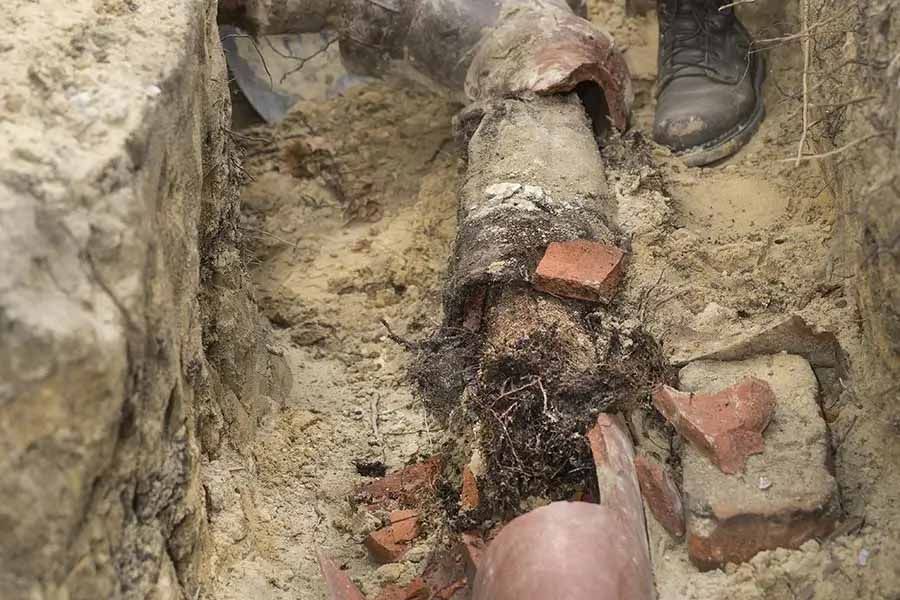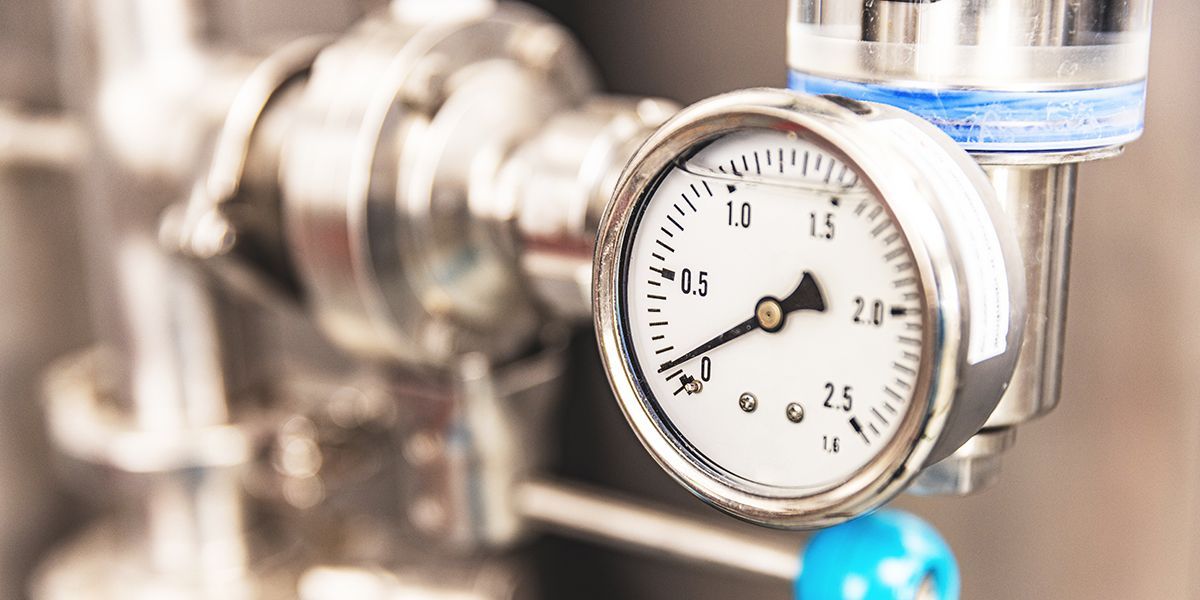
Everybody knows having low water pressure in your home can make showering or washing clothes and dishes become arduous and time-consuming. Nobody wants to stand under their showerhead for minutes at a time, trying to rinse the shampoo out of their hair. However, if your water pressure is too high, it can create other problems that can cost you a lot of money to repair.
King’s Services, Winnipeg's plumbing experts, is here to help those with too much water pressure in their houses. In this guide, we’ll go over the causes of high water pressure, the symptoms to look for, and the problems it can cause in your home. Don’t let water pressure issues create avoidable problems for you and your family.
If your plumbing is making strange sounds or behaving abnormally, contact King’s Services. We’re the fastest-growing plumbing company in the Winnipeg, MB, area because we work hard for our clients and value our integrity. Call us today to schedule an appointment.
Why Is My Water Pressure Too High?
If you have too much water pressure in your house, several issues could be causing it. The best way to determine what’s causing your water pressure to increase is to have a professional plumber inspect your home water system. If you think you’re dealing with any of the following causes of high water pressure, call King’s Services.
Your Municipal Water Supply Has High Pressure
If you live in an area with a lot of tall buildings, hills, and fire hydrants, your municipal water supply is probably on a high-pressure setting to ensure all residents and businesses get adequate pressure. Homes in such cities typically have a water pressure regulator that keeps the water from damaging the plumbing.
Missing or Malfunctioning Water Pressure Regulator
The water pressure regulator is a device connected to your plumbing system that monitors your water pressure and prevents it from getting too high. You may be able to locate and adjust the regulator on your own, or you may need to call a professional to handle it for you. If the regulator is more than ten years old, it may begin to malfunction and need replacing.
Some homes do not have a water pressure regulator. If your home is older than most of the other houses in the area, it probably doesn’t have a pressure regulator since there was no need for a high-pressure municipal water supply at the time. The need for higher water pressure may have increased as the town developed over the years, but your plumbing was never adjusted to handle the change.
High-temperature Water
If your tap water is hotter than it should be, it will expand and create extra pressure in the pipes. If your water heater has a broken temperature and pressure relief valve, it will produce excessively hot water – dramatically increasing the water pressure in your home.
Your House Is on Low-lying Land
Houses near sea level sometimes have higher water pressure due to the natural force of gravity. If you live near the bottom of a hill, your water pressure may be higher than normal if you don’t have a functioning water pressure regulator.
How Do I Know If My Water Pressure Is Too High?
If your home has a water pressure regulator with a gauge, check the psi (pounds per square inch) to make sure it’s at a safe level. If you don’t have a water pressure regulator, you can buy a pressure gauge that attaches to your sink faucet at your local hardware store. Attach the gauge to the faucet before turning on the water, and check that it reads 0 psi before the water starts running.
Suitable water pressure for an average home ranges between 40 and 80 psi. If your water pressure is more than 80 psi, it’s probably higher than it needs to be. If your water pressure exceeds 100 psi, it may damage your plumbing.
Some other signs you have too much water pressure in your house are:
- Increased water bill: When your water pressure is high, you go through more water when you use your sinks and faucets.
- Hot water doesn’t last: If you're using hot water faster than your water heater can produce it, it could be related to high pressure.
- Noisy appliances: Your dishwasher and washing machine will be louder with high-pressure water because of all the extra force pushing through the tubes.
- Faucet spraying: If you have too much water pressure, your sinks may sputter and spray when you turn them on.
- Banging pipes: The force of high-pressure water moving through your pipes will make them slam into other pipes and nearby walls.
Problems Caused by High Water Pressure
If not corrected, high water pressure can lead to such problems as:
Leaky Pipes
Your pipes can only handle so much water pressure. Eventually, the excess pressure will take its toll. With enough time, your pipes will wear down and begin to leak behind your walls and under your floors, resulting in significant damage to your home.
Worn Out Appliances
The extra strain high water pressure puts on your washing machine and dishwasher will shorten their lifespans. The force of the water pressure disrupts vital components, resulting in a complete breakdown that a warranty may not cover.
Broken Plumbing Seals
Too much water pressure may cause the seals at the ends of your water pipes to come apart. A broken plumbing seal can cause a pipe to burst and pour gallons of water into your home. Such an incident can result in thousands of dollars in water damage.
Call King’s Services
Are you worried you have too much water pressure in your house? Let the experts at King’s Services inspect your home water system and make the necessary adjustments to keep your plumbing working efficiently. Click the link to learn about low water pressure causes, and contact our Headingley, MB office at
204-633-9010 to schedule an appointment today.



